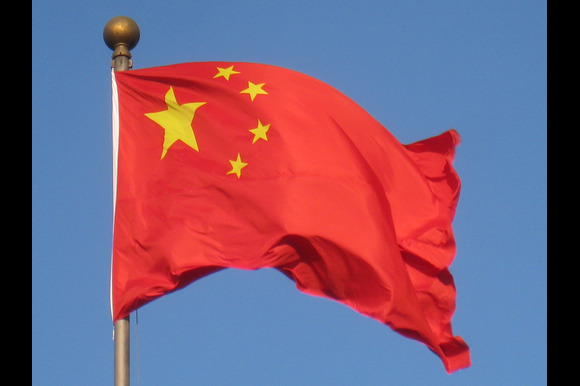China is set to implement measures aimed at revitalizing consumption by increasing citizens’ incomes, as reported by the official Xinhua News Agency on Sunday, referencing a statement from the State Council.
Additional strategies will involve stabilizing the stock and real estate markets, as well as providing incentives to enhance the nation’s birth rate, in an effort to mitigate the deflationary pressures impacting the economy.
According to Xinhua, Beijing plans to encourage “reasonable growth” in wages and establish a robust framework for adjusting the minimum wage. The government is also considering the introduction of a childcare subsidy system and enhancing investment to bolster consumption.
Revitalizing consumer spending has posed a significant challenge for the government since the conclusion of the pandemic. Retail sales have remained sluggish, and consumer prices experienced deflation in February for the first time in over a year.
During the annual parliamentary sessions this month, the nation’s leadership identified the enhancement of consumption as their primary focus for the first time since President Xi Jinping assumed office over ten years ago.
On Friday, Chinese stocks experienced their most significant increase in two months following an announcement from the State Council, China’s cabinet, indicating that officials from the finance ministry, the central bank, and other governmental departments will hold a press conference on Monday to discuss strategies aimed at stimulating consumption.
Key Aspects of the Initiative
- Expand the range of bond-related products available to individual investors.
- Implement various strategies to promote an increase in agricultural incomes.
- Increase financial assistance for certain students.
- Gradually raise the basic pension for retirees.
- Ensure the timely and complete distribution of unemployment benefits.
- Assist tourist attractions in enhancing services and extending business hours appropriately.
- Facilitate the establishment of duty-free shops in cities where conditions allow.
- Enhance support for trade-in programs.
- Reduce the interest rate on housing provident fund loans at an appropriate time.
- Gradually ease restrictions on consumption in a systematic manner.
- Accelerate the advancement of new technologies and products, including smart wearables and autonomous vehicles.






